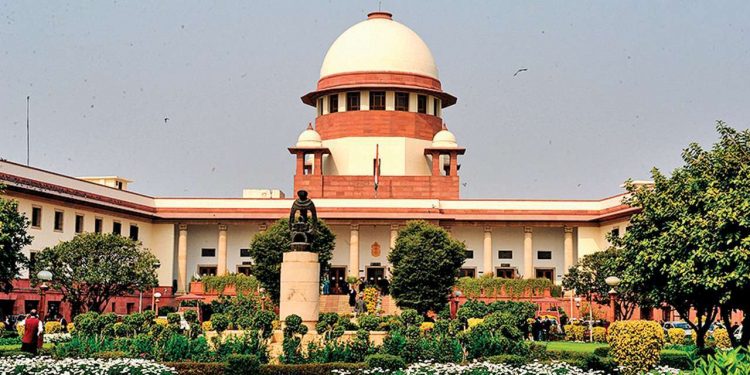New Delhi: The Supreme Court Thursday reserved its order on the legal question whether a state government is empowered to make a sub-classification in scheduled castes and scheduled tribes for grant of reservation in admissions and public jobs.
A seven-judge constitution bench headed by Chief Justice DY Chandrachud heard submissions from Attorney General R Venkataramani, Solicitor General Tushar Mehta, senior advocate Kapil Sibal and states represented by senior advocates seeking review of the E V Chinnaiah judgement, which in 2004 had ruled that all SC communities which suffered ostracisation, discrimination and humiliation for centuries represented a homogeneous class, incapable of being sub-categorised.
The bench, also comprising justices BR Gavai, Vikram Nath, Bela M Trivedi, Pankaj Mithal, Manoj Misra and Satish Chandra Mishra, is hearing 23 petitions, including the lead one filed by the Punjab government challenging the 2010 verdict of the Punjab and Haryana High Court.
The top court is hearing references to revisit a five-judge constitution bench judgement of 2004 in the case of EV Chinnaiah vs. State of Andhra Pradesh in which it was held that SCs and STs are homogenous groups and hence, states cannot further sub-classify them to grant quota inside quota for more deprived and weaker castes in these groups.
The Chinnaiah judgement had held that any sub-classification’ of the Scheduled Castes would violate Article 14 (right to equality) of the Constitution.
The 2004 verdict had stated that only Parliament, and not state legislatures, can exclude castes deemed to be SC from the Presidential List under Article 341 of the Constitution.
PTI






































